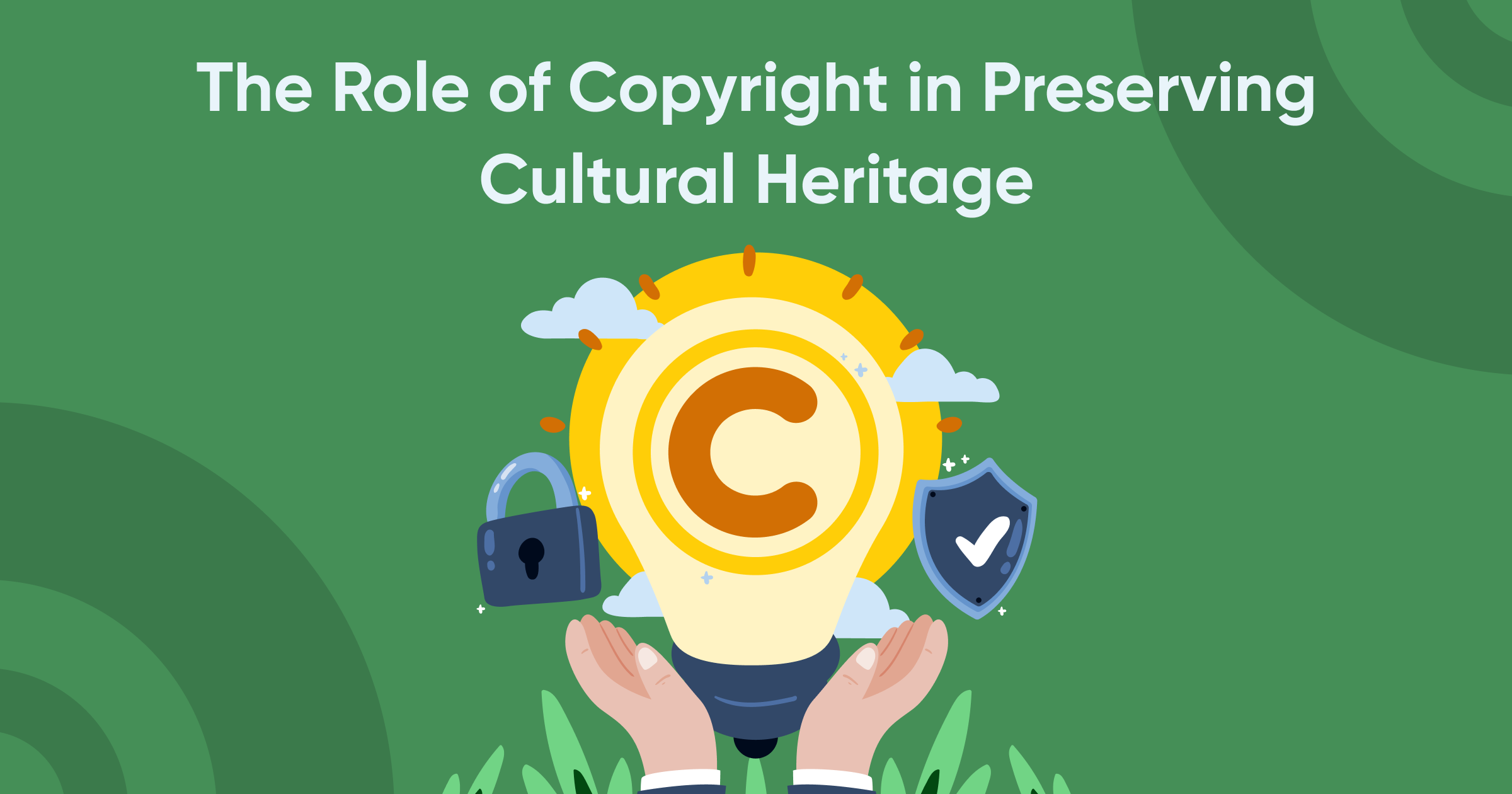As an attorney specializing in intellectual property at Trademarkia, I’ve witnessed firsthand the profound impact copyright laws have on safeguarding cultural heritage. Copyright serves as a legal framework that not only protects the creative outputs of individuals but also plays a critical role in preserving and promoting the cultural identity of communities worldwide. Let’s delve deeper into this topic and explore how copyright is a cornerstone for the preservation of cultural heritage.
Understanding Cultural Heritage and Its Significance
Cultural heritage encompasses the traditions, art, folklore, knowledge, and practices that define a community or nation. It can be tangible, like historical manuscripts and artworks, or intangible, such as oral traditions, music, and dance. Preserving this heritage ensures that future generations can experience and learn from the richness of their past.
However, the modern world poses several challenges to preserving cultural heritage:
- Digital Misappropriation: In the digital age, cultural works are easily copied, altered, or misused.
- Globalization: The rapid exchange of ideas and cultural artifacts can lead to the unintentional dilution or commercialization of heritage.
- Lack of Legal Frameworks: Many communities struggle to protect their cultural expressions due to inadequate legal mechanisms.
This is where copyright steps in as a protector and promoter of cultural heritage.
How Copyright Protects Cultural Heritage
- Preventing Unauthorized Use Copyright laws ensure that creators or custodians of cultural works retain the rights to control how their creations are used. For example, indigenous art and music can be copyrighted to prevent their misuse in commercial settings without proper authorization or recognition.
- Encouraging Documentation Copyright incentivizes communities and individuals to document their cultural expressions. When traditional knowledge, stories, or performances are recorded, copyright provides a way to legally protect these works, ensuring they are preserved and respected.
- Promoting Economic Benefits Cultural heritage often becomes a source of income for communities. Copyright allows creators to license their works, ensuring they benefit financially from the use of their cultural assets. For instance, traditional artisans can copyright their designs, preventing mass production without fair compensation.
- Protecting Against Exploitation Copyright laws can prevent cultural appropriation, where elements of a culture are taken without permission or acknowledgment. By legally safeguarding these works, communities can maintain control over how their heritage is shared or commercialized.
Real-Life Examples of Copyright Preserving Cultural Heritage
- Aboriginal Art in Australia Aboriginal artists have successfully used copyright laws to protect their traditional artworks. By copyrighting their designs, they’ve prevented unauthorized reproductions and ensured that the profits benefit their communities.
- Bollywood Music Indian music composers and lyricists have used copyright to preserve the originality of Bollywood songs. By enforcing copyright, they’ve ensured that these cultural expressions are not plagiarized or misused internationally.
- Maori Tattoos in New Zealand The Maori people have leveraged copyright to protect their traditional tattoos, ensuring that these sacred designs are not trivialized or commercialized without permission.
Challenges in Implementing Copyright for Cultural Heritage
While copyright is a powerful tool, implementing it in the context of cultural heritage comes with its own challenges:
- Collective Ownership: Cultural heritage often belongs to an entire community, making it difficult to assign individual ownership under traditional copyright laws.
- Global Jurisdiction Issues: Cultural works are often used internationally, but copyright laws vary from country to country.
- Limited Awareness: Many communities lack awareness about copyright and its benefits for preserving cultural heritage.
Trademarkia’s Role in Supporting Cultural Heritage
At Trademarkia, we’re committed to helping communities and creators safeguard their cultural heritage. Through our services, we:
- Provide legal assistance for registering copyrights for cultural works.
- Educate communities about their intellectual property rights.
- Help resolve disputes involving unauthorized use of cultural expressions.
- Advocate for stronger global frameworks to protect intangible heritage.
Our mission is to ensure that cultural heritage is not only preserved but also respected and celebrated worldwide.
The Future of Cultural Heritage in a Digital World
As technology advances, new opportunities and challenges emerge for preserving cultural heritage. Digital archives, virtual reality experiences, and blockchain technology can revolutionize how we document and protect cultural expressions. However, the digital realm also increases the risk of piracy and misuse.
Copyright laws must evolve to address these challenges, ensuring they remain relevant in the digital age. At Trademarkia, we’re at the forefront of these developments, working with policymakers, creators, and communities to shape a future where cultural heritage thrives.

